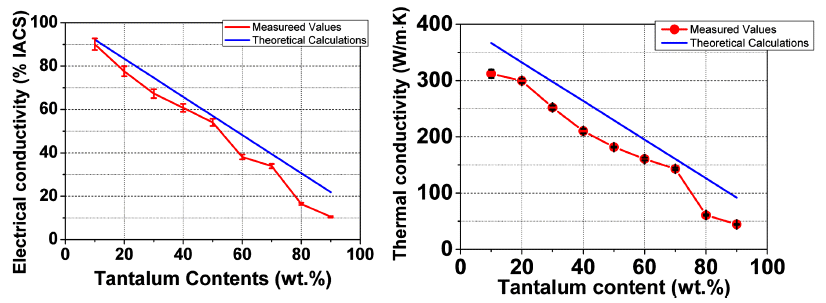Search
- Page Path
- HOME > Search
- [Korean]
- Russian Mineral Market Flow and Economic Direction for Securing Stable Resources
- Nu Si A Eom, Su Noh, Muhammad Aneeq Haq, Bin Lee, Kyoung Mook Lim, Bum Sung Kim
- J Korean Powder Metall Inst. 2019;26(4):345-349. Published online August 1, 2019
- DOI: https://doi.org/10.4150/KPMI.2019.26.4.345

- 857 View
- 2 Download
-
 Abstract
Abstract
 PDF
PDF With increasing demand for resources worldwide, Korea has been negotiating with resource-holding countries to achieve conservation of energy resources. Among them, Russia is the third largest resource-producing and exporting nation in the world and has several resource materials such as nickel, platinum group metals, gold, and other reserves. As a result, there is growing interest in cooperation between Korea and Russia. The aim of this article is to summarize the current status of market flow of Russian energy resources as well as Russia’s economic cooperation with Korea. Notably, South Korea needs to focus on investing in overseas mines for a stable supply of rare metals. Nevertheless, securing rare metals is a major task by understanding the flow and policy direction of Russian material mines.
- [Korean]
- Microstructure and Electric Contact Properties of Spark Plasma Sintered Ta-Cu Composite
- Won Ju, Young Do Kim, Jae Jin Sim, Sang-Hoon Choi, Soong Keun Hyun, Kyoung Mook Lim, Kyoung-Tae Park
- J Korean Powder Metall Inst. 2017;24(5):377-383. Published online October 1, 2017
- DOI: https://doi.org/10.4150/KPMI.2017.24.5.377

- 1,198 View
- 5 Download
- 1 Citations
-
 Abstract
Abstract
 PDF
PDF Microstructure, electric, and thermal properties of the Ta-Cu composite is evaluated for the application in electric contact materials. This material has the potential to be used in a medium for a high current range of current conditions, replacing Ag-MO, W, and WC containing materials. The optimized SPS process conditions are a temperature of 900°C for a 5 min holding time under a 30 MPa mechanical pressure. Comparative research is carried out for the calculated and actual values of the thermal and electric properties. The range of actual thermal and electric properties of the Ta-Cu composite are 50~300W/mk and 10~90 %IACS, respectively, according to the compositional change of the 90 to 10 wt% Ta-Cu system. The results related to the electric contact properties, suggest that less than 50 wt% of Ta compositions are possible in applications of electric contact materials.
-
Citations
Citations to this article as recorded by- Formation mechanism, microstructural features and dry-sliding behaviour of “Bronze/WC carbide” composite synthesised by atmospheric pulsed-plasma deposition
V.G. Efremenko, Yu.G. Chabak, V.I. Fedun, K. Shimizu, T.V. Pastukhova, I. Petryshynets, A.M. Zusin, E.V. Kudinova, B.V. Efremenko
Vacuum.2021; 185: 110031. CrossRef
- Formation mechanism, microstructural features and dry-sliding behaviour of “Bronze/WC carbide” composite synthesised by atmospheric pulsed-plasma deposition
TOP
 KPMI
KPMI


 First
First Prev
Prev


